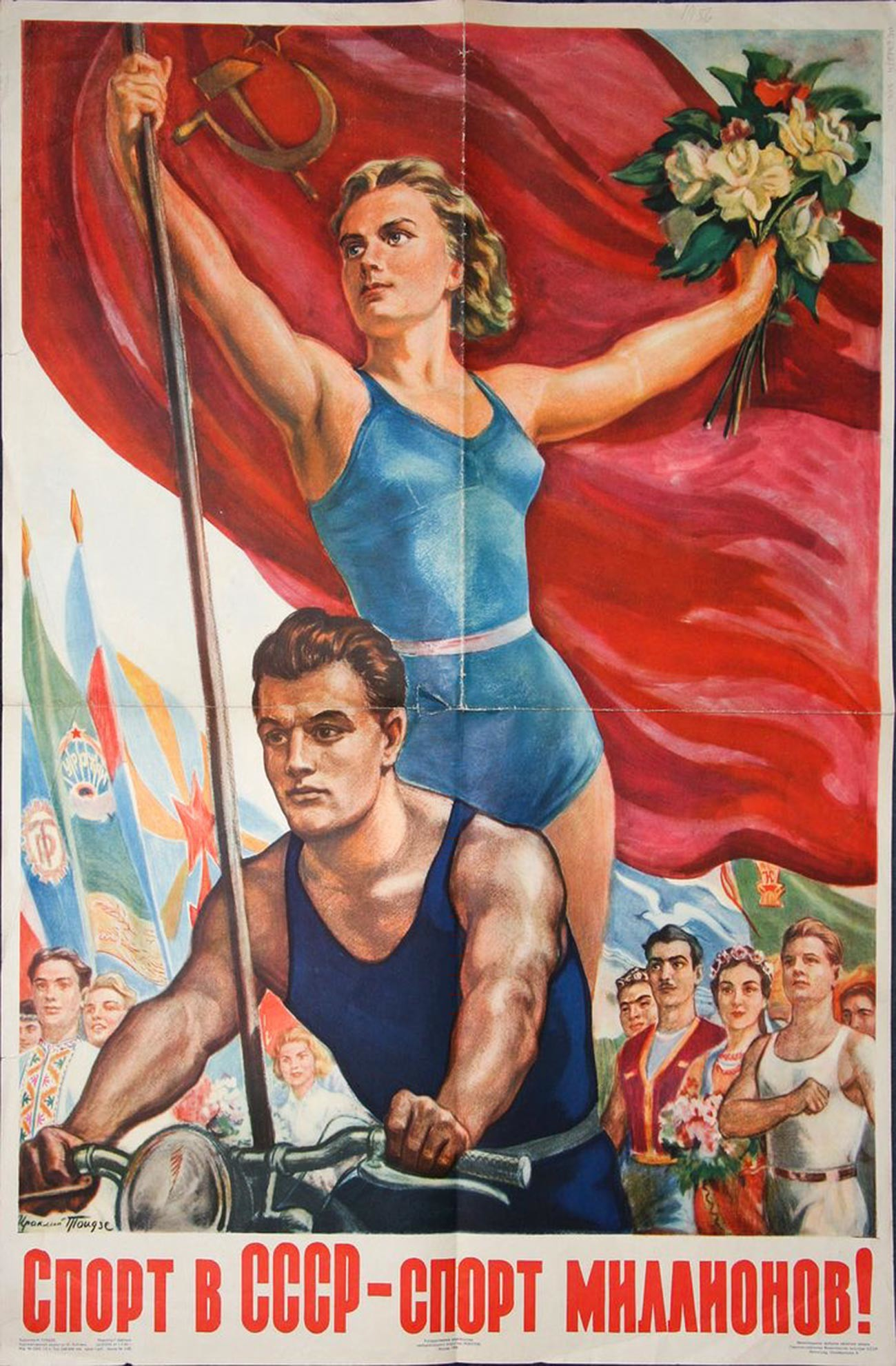For me it would be that lifting can take time. It's okay to start with light weights and it's okay that getting bigger will take more than three months. Sure, pushing yourself is good to make progress, but everyone has their limits.
Also, lifting can be for more than just getting bigger. In the beginning I was hyper focussed on getting more muscular and it led to me taking awful homemade protein/caloric shakes which cannot be healthy long term. It took me pretty long to understand that this way of training was not what I wanted. Luckily I now know that I want to focus on strength and stamina and that size comes second.
How about you?


Nutrition is a great point, so often I see people that eat like shit while working out and are surprised they aren't getting results. The Canadian government has a good general guide for nutrition: https://food-guide.canada.ca/en/ obviously this is just a general guide. Depending on how you want to build your body will alter these ratios slightly, again talk to someone that knows what they're doing about this, don't just listen to me.
I see that they mostly rely on the "plate method", which is pretty good for the average Joe and Jane (and in fact what we're told to teach to patients), but like I said: if you are serious about the gym and about weightlifting, eating healthy by general population standards is not going to cut it. As you say, these rations have to be altered, although I would say that "slightly" is a bit of an understatement.
It's what happened to me when I was a teen and I first joined the gym, running around and doing the whole machine circuit with my friends. I kept wondering why I didn't feel my body getting any more in shape, and it wasn't until many years later and when I started counting calories and macros that I discovered that I was only getting around 50g of protein a day: good enough for the average adult but by far not enough for a weightlifter. I go by 160g a day now, which is a lot more.
Yes you are correct. Everybody has to start somewhere though. I'm of the opinion that you must learn to walk before you learn to run. The average Janes/Joes are who I was referring too. You know, like the 50 y/o mom who wants to lose weight but hasn't eaten a vegetable in a month. You know, just 101 basic stuff, then from there you can get more advanced with the methods you're talking about. Personally I'm one of those average joe's, not a pro athlete or body builder. Best I can do with my crazy schedule is the plate method and doing some physical activity like basketball/swimming/biking/hiking/ect. I must admit I don't have the patience to take a ruler and a scale and get exact measurements of everything I eat, although I really should. If you have any recommendations to find an easy way to do that I'm all ears.
I live in an area where people have enough of an overall good diet to be reflected positively in the life expentancy statistics, so it is somewhat more uncommon to see people who eat in an enough of an unhealthy way to have to be taught the plate method. That is why I did not give it as much importance as you may have.
Of course, measuring everything with a pen and a notebook every day would be a self-inflicted torture, which is why almost everyone who counts calories does so with a tracking app such as MyFitnessPal. It's pretty easy to use since you can get whatever food you are eating just by scanning the barcode in the package (although it also registers generic foods) and you just have to set the weight of your dose. As for the measuring part, I have become accustomed to simply put a scale under the plate as I am serving myself food and take note of how much of every ingredient there is.